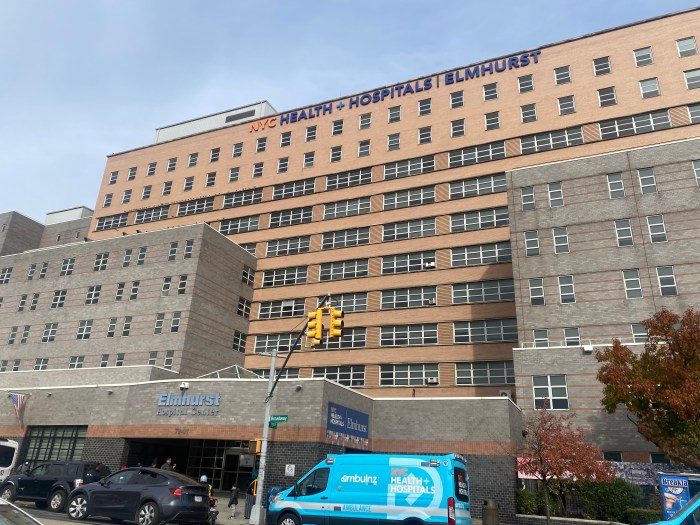Courtesy Susan G. Komen for the Cure
Due to the increased use of mammography, most women in the United States are diagnosed at an early stage of breast cancer, before symptoms appear. However, not all breast cancers are found through mammography. The most common symptoms of breast cancer are a change in the look or feel of the breast, a change in the look or feel of the nipple and nipple discharge.
If you have any of these symptoms, see your health care provider. In most cases, these changes are not cancer. For example, breast pain is more common with benign breast conditions than with breast cancer. However, the only way to know for sure is to see your provider. If breast cancer is present, it is best to find it at an early stage, when the cancer is most treatable.
Breast lumps or lumpiness
Many women may find that their breasts feel lumpy. Breast tissue naturally has a bumpy texture. For some women, the lumpiness is more pronounced than for others. In most cases, this lumpiness is no cause to worry.
If the lumpiness can be felt throughout the breast and feels like your other breast, then it is probably normal breast tissue. Lumps that feel harder or different from the rest of the breast (or the other breast) or that feel like a change are a concern. When this type of lump is found, it may be a sign of breast cancer or a benign breast condition (such as a cyst or fibroadenoma).
See your health care provider if:
• You find a new lump or any change that feels different from the rest of your breast.
• You find a new lump or any change that feels different from your other breast.
• Feel something that is different from what you felt before.
If you are unsure whether you should have a lump checked, it is best to see your provider. Although a lump may be nothing to worry about, you will have the peace of mind that it has been checked.
Nipple discharge
Liquid leaking from your nipple (nipple discharge) can be troubling, but it is rarely a sign of cancer. Discharge can be your body’s natural reaction when the nipple is squeezed. Signs of a more serious condition, such as breast cancer, include:
• Discharge that occurs without squeezing the nipple
• Discharge that occurs in only one breast
• Discharge that has blood in it or is clear (not milky)
Nipple discharge can also be caused by an infection or another condition that needs medical treatment. For these reasons, if you have any nipple discharge, see your health care provider.


































